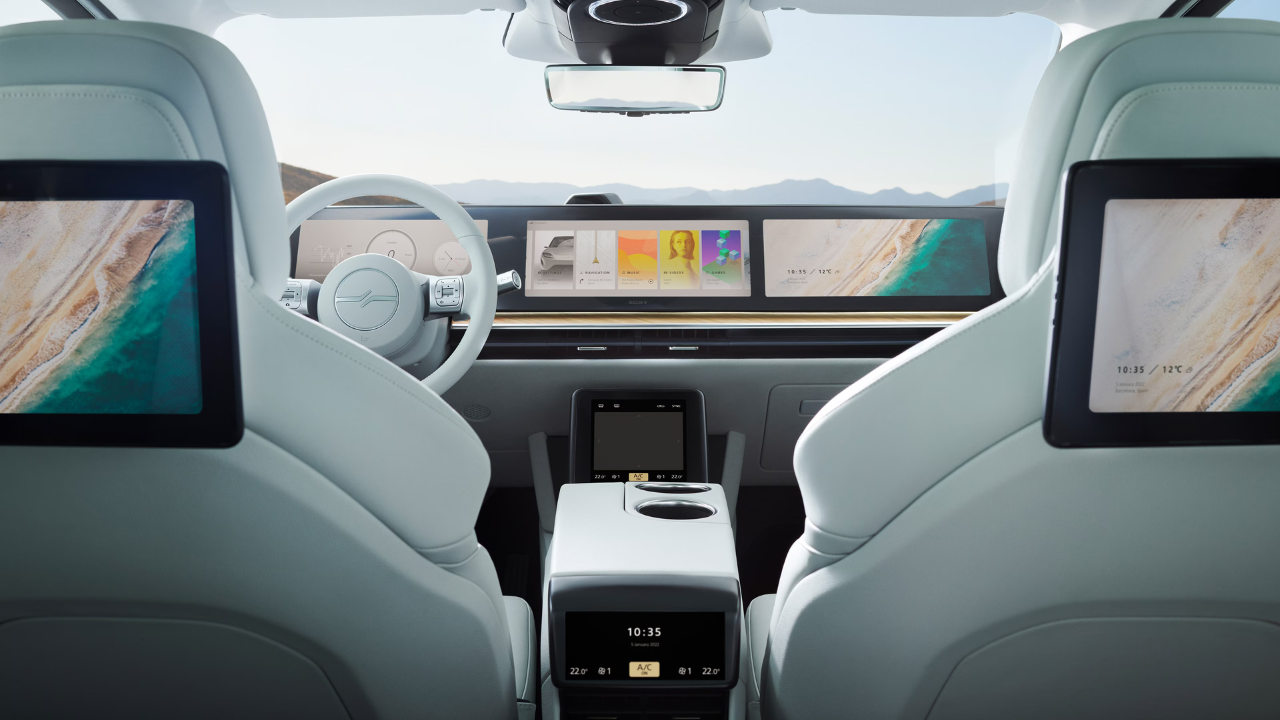The test examined the privacy and security flaws of car brands spanning five countries: the U.S., Germany, Japan, France, and South Korea. Researchers are claimed to have spent 600 hours reading privacy policies, downloading apps, and corresponding with brands, as per its *Privacy Not Included (*PNI) buyer’s guide. “All new cars today are privacy nightmares on wheels that collect huge amounts of personal information,” said Jen Caltrider, *PNI Program Director, Mozilla.
As per the report, Nissan is the worst offender. The Japanese car manufacturer is said to admit in their privacy policy to collecting a wide range of information, including sexual activity, health diagnosis data, and genetic data — but doesn’t specify how. “They say they can share and sell consumers’ preferences, characteristics, psychological trends, predispositions, behavior, attitudes, intelligence, abilities, and aptitudes to data brokers, law enforcement, and other third parties,” claims the Mozilla blog post.
On the other hand, sister brand Renault is said to be the ‘least problematic’. Other top offenders as per Mozilla’s claims include Volkswagen, which collects demographic data (like age and gender) and driving behaviors (like your seatbelt and braking habits) for targeted marketing purposes; Toyota, which features a near-incomprehensible galaxy of 12 privacy policy documents; Kia, whose privacy policy states they can collect information about your “sex life;” and Mercedes-Benz, which manufactures certain models with TikTok (an app with its own privacy issues) pre-installed.
Lamborghini Huracan, Urus Epic drive: Celebrating the combustion engine | TOI Auto
A 2016 study by McKinsey & Company estimates that by 2030, car data monetization could be an industry worth $750 billion. “Many people think of their car as a private space — somewhere to call your doctor, have a personal conversation with your kid on the way to school, cry your eyes out over a break-up, or drive places you might not want the world to know about. But that perception no longer matches reality. All new cars today are privacy nightmares on wheels that collect huge amounts of personal information,” added Caltrider.
With the rising trend of connected-tech in cars, the risk of privacy invasion is growing by the day. Would you consider purchasing a car with the latest gizmos and connected-tech even if it could compromise your privacy? Let us know in the comments down below.

